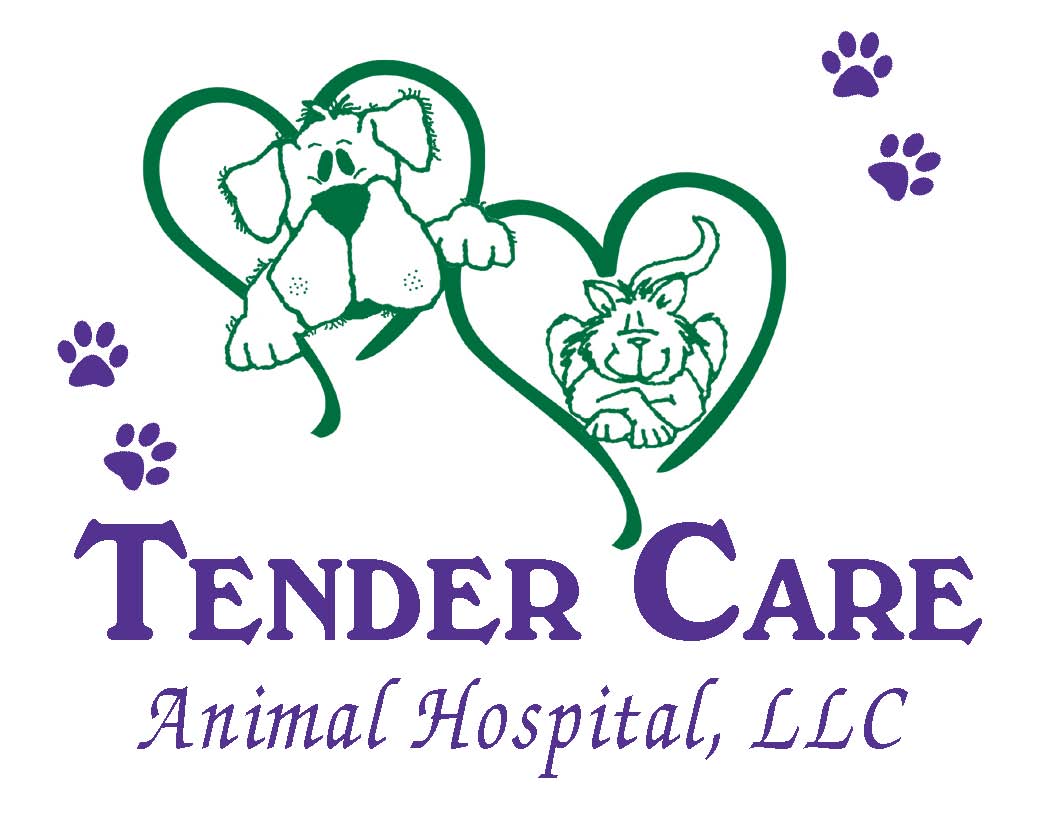Library
-
Too much vitamin A can lead to poisoning. Vitamin A poisoning is sometimes diagnosed in dogs that are fed primarily table scraps. There is considerable variability in how susceptible dogs are to this problem. It takes a long time for signs of vitamin A poisoning to develop; symptoms do not usually appear until the dog is at least middle-aged.
-
Vitamin B complex injectable is a solution containing multiple forms of Vitamin B, which are used together to prevent or treat Vitamin B deficiencies. These vitamins promote good overall health for your pet and regulate certain processes in the body. Vitamin B complex injectable comes as a solution for injection either under the skin or into the muscle.
-
Vitamin C injectable is a vitamin supplement used as an antioxidant to help treat certain toxicity syndromes or to create a more acidic urine in dogs and cats. It is also used in guinea pigs to treat scurvy. Vitamin C injectable comes as a solution for injection either under the skin or into the muscle. Injections may be given by veterinary personnel or at home by pet owners.
-
Vitamin D poisoning occurs when a dog ingests a toxic dose of vitamin D. Common sources of vitamin D poisoning include rodenticides that contain vitamin D and certain human medications.
-
Vitamin E and selenium are essential nutrients with antioxidant properties that work together to prevent oxidative damage and support the immune system. They are used in animals to treat skin diseases, liver disease, cognitive dysfunction, and dietary deficiencies.
-
The Vizsla is a Hungarian pointer, utilized by the Magyar nomadic tribe along with their falcons, to hunt birds and track game. They need a lot of vigorous activity, but as long as they get it, they are gentle enough to lie quietly by Grandpa's feet as he snoozes.
-
Vomiting is the forceful evacuation of stomach contents. It is a clinical sign of a disease. Most cases of acute vomiting resolve quickly with simple treatment, without the underlying cause being diagnosed. Any required tests are determined based on physical examination of your pet and the signs your dog has been displaying at home.
-
Vomiting in Dogs
El vómito no es una enfermedad sino un síntoma que aparece en diferentes enfermedades. Muchos casos de vómitos son autolimitantes, cesan espontáneamente en pocos días y en raras ocasiones son consecuencia de enfermedades graves como el cáncer.
-
Von Willebrand's disease causes an inability for blood to clot resulting in excessive bleeding. If this disease is suspected, initial screening tests include a complete blood count (CBC), buccal mucosal bleeding time, and a coagulation profile. More advanced diagnostics include assays that assess the quantity and functionality of vWF. DNA testing is available and most commonly used to evaluate animals used in breeding programs.
-
Von Willebrand’s disease is a bleeding disorder that results from the lack of von Willebrand factor (vWF), a protein needed to help platelets clump together and seal broken blood vessels. Affected dogs have varying amounts of vWF. Doberman Pinschers are the most common breed affected but they are mildly affected compared to Scottish terriers and Chesapeake Bay retrievers. Dogs can develop bleeding at any time in their life. Certain drugs that interfere with platelet function should be avoided in affected dogs. Treatment of severely affected dogs requires a blood or plasma transfusion. Screening of breeding animals is recommended to reduce the incidence of the disease.


